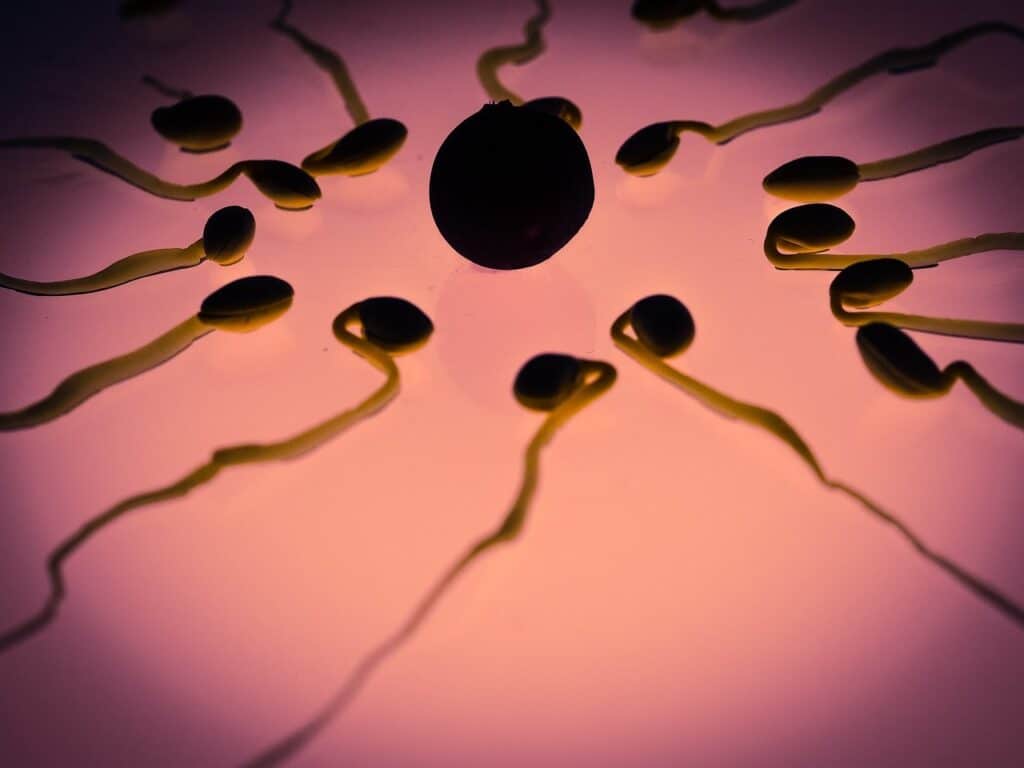Low Sperm Production Treatment:

Low Sperm Production Treatment, or oligospermia treatment, is a common cause of male infertility. Understanding its causes and exploring effective treatments can significantly improve reproductive health. This guide delves into natural remedies, medical treatments, and lifestyle changes to combat low sperm production.
Understanding Low Sperm Production Treatment
Low sperm production is when the sperm count falls below 15 million sperm per milliliter of semen. While this does not necessarily mean infertility, it can reduce the chances of conception. Common causes include:
- Hormonal imbalances.
- Lifestyle factors like smoking, alcohol consumption, or obesity.
- Medical conditions such as varicocele, infections, or genetic disorders.
- Environmental exposure to toxins or heat.
Treatments for Low Sperm Production
- Medical Treatments
If an underlying medical issue causes low sperm production, doctors may recommend one or more of the following treatments:
a. Hormonal Therapy:
For cases of hormonal imbalance, medications like gonadotropins or clomiphene citrate are prescribed to stimulate sperm production.
b. Surgery:
Conditions like varicocele (enlarged veins in the scrotum) can impair sperm production. Surgical correction often improves sperm count and quality.
c. Antibiotic Treatment:
Infections in the reproductive tract may reduce sperm production. Timely antibiotic treatments can resolve the issue.
d. Assisted Reproductive Techniques (ART):
ART methods like IVF (in vitro fertilization) or ICSI (intracytoplasmic sperm injection) can be explored if other treatments are ineffective.
- Natural Remedies and Lifestyle Changes
Several natural and lifestyle adjustments have shown promising results in boosting sperm production:
a. Maintain a Healthy Diet:
A diet rich in antioxidants and essential nutrients can enhance sperm health. Key nutrients include:
- Zinc: Found in shellfish, eggs, and nuts.
- Folate: Present in leafy greens, beans, and fortified cereals.
- Vitamin C and E: Found in citrus fruits, berries, and nuts.
b. Stay Active:
Regular exercise boosts testosterone levels and improves sperm quality. However, excessive physical exertion should be avoided, as it can negatively impact fertility.
c. Avoid Heat Exposure:
Prolonged exposure to heat, such as from hot tubs, saunas, or tight clothing, can reduce sperm production. Maintain a cooler environment for the testicles.
d. Quit Smoking and Limit Alcohol Consumption:
Both smoking and excessive alcohol intake are linked to poor sperm count and motility. Quitting can lead to noticeable improvements.
e. Manage Stress:
Chronic stress can affect hormone production. Incorporate stress-reduction techniques like meditation, yoga, or regular physical activity.
Certain herbal remedies, such as ashwagandha, ginseng, and maca root, improve sperm quality and count. Always consult a healthcare provider before starting any supplement.
- Preventive Measures
Taking proactive steps can reduce the risk of low sperm production:
- Avoid exposure to industrial chemicals, pesticides, and heavy metals.
- Refrain from using recreational drugs like marijuana or anabolic steroids.
- Get regular check-ups to address potential health issues early.
When to See a Doctor
If you and your partner have been trying to conceive for over a year without success, consult a fertility specialist. Early intervention can identify and address underlying issues, increasing your chances of conception.
Conclusion

Low sperm production is a treatable condition with numerous medical and natural solutions. By addressing the root cause and adopting a healthier lifestyle, men can significantly improve their reproductive health. Always consult a healthcare professional for personalized advice tailored to your specific condition.
